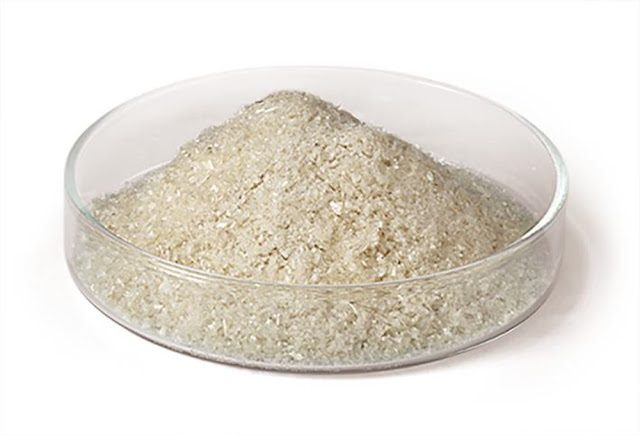A Highly Soluble Protein, Bovine Serum Albumin, Can Be Easily Purified From Bovine Serum
Bovine Serum Albumin (BSA) is a protein that is derived from cows and is commonly used in various industries, including research, medicine, and food. BSA is a highly versatile protein that has numerous applications due to its properties such as solubility, stability, and reactivity. In this article, we will discuss the various uses of BSA and its properties.
Bovine Serum Albumin is a highly soluble protein that can be easily purified from bovine serum using methods such as salt fractionation or ion exchange chromatography. Once purified, BSA can be used in various applications such as a nutrient source, stabilizer, carrier protein, and a standard reference protein in various assays. One of the primary uses of BSA is as a nutrient source in cell culture media. BSA contains a high concentration of essential amino acids that are required for cell growth and proliferation. It is commonly used in a variety of cell culture applications, including the production of recombinant proteins, monoclonal antibodies, and vaccines. BSA is also used in microbiology to promote the growth of bacteria and fungi in culture media.
The global Bovine Serum Albumin Market is estimated to be valued at US$ 291.7 million in 2021 and is expected to exhibit a CAGR of 3.1% during the forecast period (2021-2028).
Another important application of BSA is as a stabilizer in various industrial processes. BSA can stabilize enzymes and other proteins by preventing denaturation, aggregation, and precipitation. It is commonly used in the production of biopharmaceuticals and vaccines to stabilize the active ingredients and prevent degradation during storage and transport. BSA is also a commonly used carrier protein in various biochemical and immunoassays. In these applications, BSA is conjugated to other molecules such as enzymes, fluorescent dyes, or antibodies to improve their stability, solubility, and reactivity.
Bovine Serum Albumin can also be used as a blocking agent in immunoassays to prevent non-specific binding of antibodies to the assay surface. In addition to its uses in research and industry, BSA is also used as a food additive. BSA is classified as a GRAS (generally recognized as safe) substance by the US FDA and is commonly used in food products such as processed meats, dairy products, and baked goods. BSA can be used as a binder, emulsifier, and texturizer in food products, improving their texture and flavor. Despite its many benefits, there are also some concerns associated with the use of BSA. One of the primary concerns is the potential for contamination with animal pathogens, such as prions or viruses. This is particularly important in the medical and vaccine industries, where the use of contaminated BSA can have serious consequences. To minimize the risk of contamination, it is important to use high-quality, purified BSA that has been screened for potential contamination.



.jpg)
Comments
Post a Comment